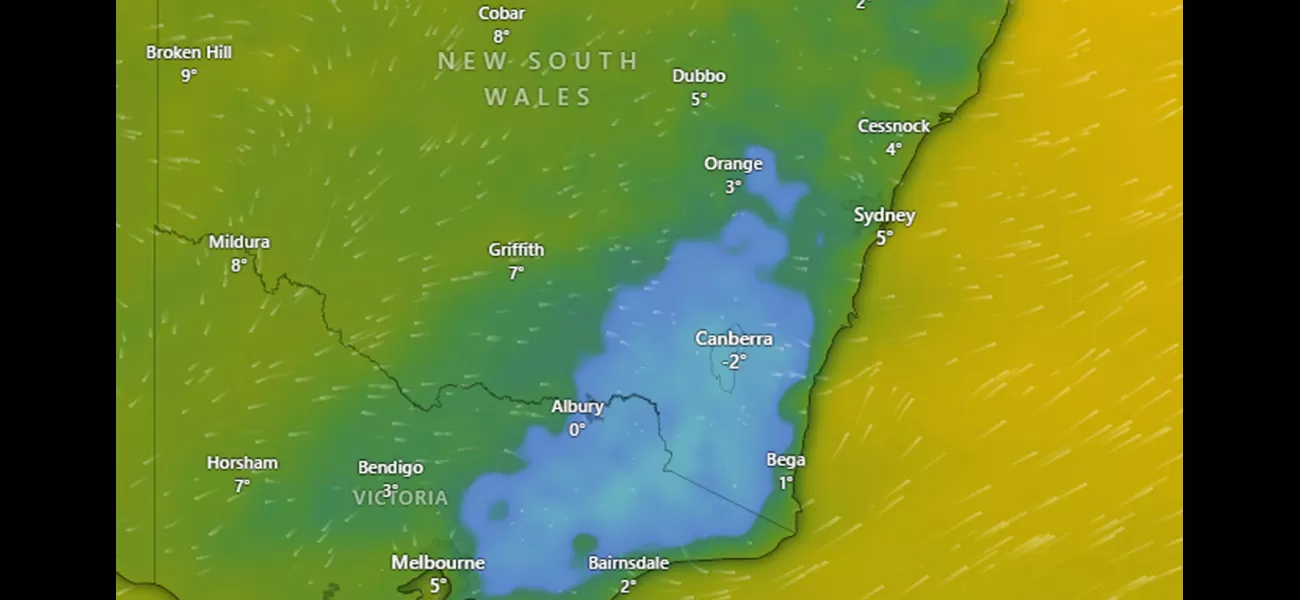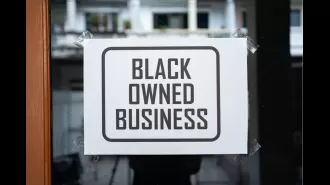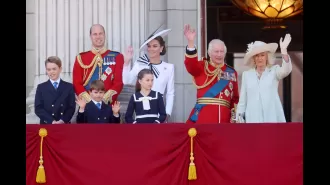A sudden polar blast causes a sharp drop in temperatures in the south-eastern states.
Today's weather will break records and many people will experience freezing temperatures.
June 19th 2024.

As a polar blast of chilly weather sweeps across eastern Australia, millions of people are reaching for their warm woolies and beanies. The city of Sydney is bracing for its coldest morning in two years, with temperatures expected to drop below 5 degrees. However, the wind chill factor is making it feel more like a frigid 2 degrees.
This predicted temperature is set to break the previous record of 5.2 degrees and will be the coldest June morning in Sydney since 2010. But for those living in the western suburbs, it will feel even colder, and some areas may even experience frost. The impact of this cold blast is being felt in other states as well, with Melbourne reaching a low of 3 degrees, but feeling more like zero degrees for its residents.
Even in the typically warmer state of Queensland, the effects of the polar blast are being felt. Brisbane recorded a top temperature of 8 degrees, but the apparent temperature was much lower at 6 degrees. This blast of cold air has been caused by a combination of a cold and dry air mass, clear skies, and light winds under a narrow high-pressure ridge.
Narrow ridges are notorious for causing cold mornings in south-eastern Australia during the winter months. This is because they bring the central region of the high-pressure system, where winds are lightest and skies are clear, quickly after a cold front. As a result, temperatures have dropped below -7 degrees in Tasmania and Victoria, and close to -9 degrees in some parts of New South Wales this week.
But relief from the frosty weather is on the horizon, as minimum temperatures are forecasted to start climbing from tomorrow. This coincides with the winter solstice in Australia, which marks the shortest day and longest night of the year. As a low-pressure trough moves in, wind, cloud, and moisture will increase, bringing slightly warmer temperatures.
Despite this, the minimum temperatures in Sydney and Melbourne are expected to remain cold throughout the weekend and into next week. So, it's best to keep those woolies and beanies handy for a little while longer. Stay warm, Australia!
This predicted temperature is set to break the previous record of 5.2 degrees and will be the coldest June morning in Sydney since 2010. But for those living in the western suburbs, it will feel even colder, and some areas may even experience frost. The impact of this cold blast is being felt in other states as well, with Melbourne reaching a low of 3 degrees, but feeling more like zero degrees for its residents.
Even in the typically warmer state of Queensland, the effects of the polar blast are being felt. Brisbane recorded a top temperature of 8 degrees, but the apparent temperature was much lower at 6 degrees. This blast of cold air has been caused by a combination of a cold and dry air mass, clear skies, and light winds under a narrow high-pressure ridge.
Narrow ridges are notorious for causing cold mornings in south-eastern Australia during the winter months. This is because they bring the central region of the high-pressure system, where winds are lightest and skies are clear, quickly after a cold front. As a result, temperatures have dropped below -7 degrees in Tasmania and Victoria, and close to -9 degrees in some parts of New South Wales this week.
But relief from the frosty weather is on the horizon, as minimum temperatures are forecasted to start climbing from tomorrow. This coincides with the winter solstice in Australia, which marks the shortest day and longest night of the year. As a low-pressure trough moves in, wind, cloud, and moisture will increase, bringing slightly warmer temperatures.
Despite this, the minimum temperatures in Sydney and Melbourne are expected to remain cold throughout the weekend and into next week. So, it's best to keep those woolies and beanies handy for a little while longer. Stay warm, Australia!
[This article has been trending online recently and has been generated with AI. Your feed is customized.]
[Generative AI is experimental.]
0
0
Submit Comment





